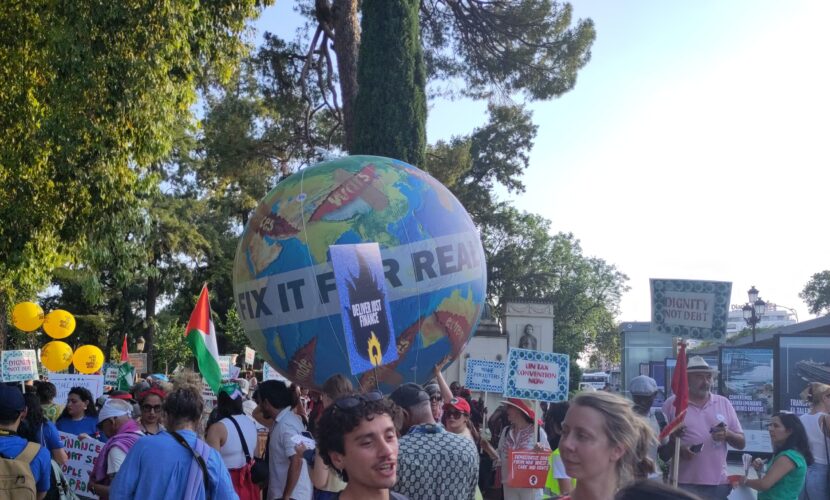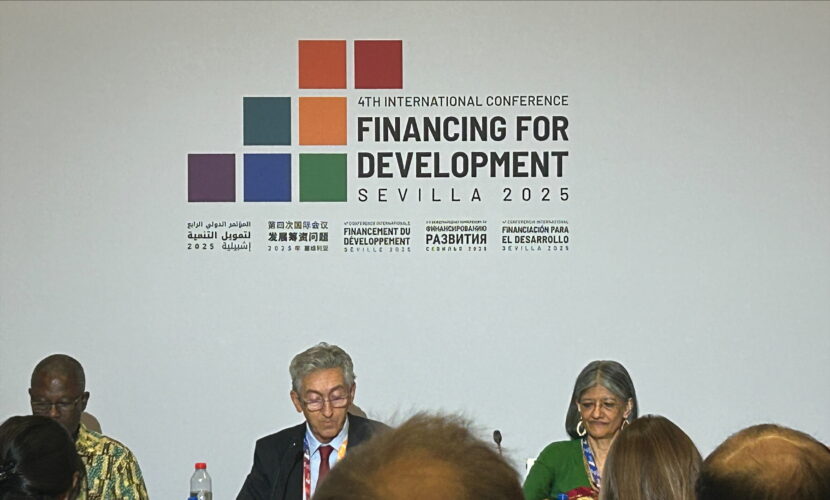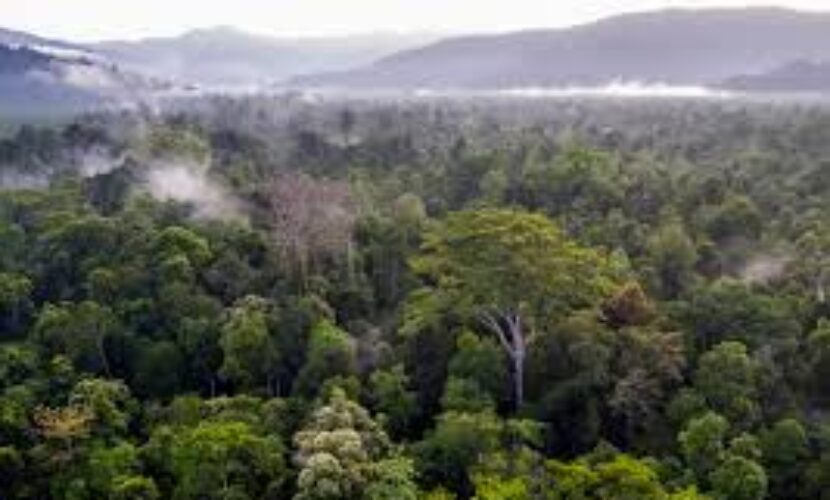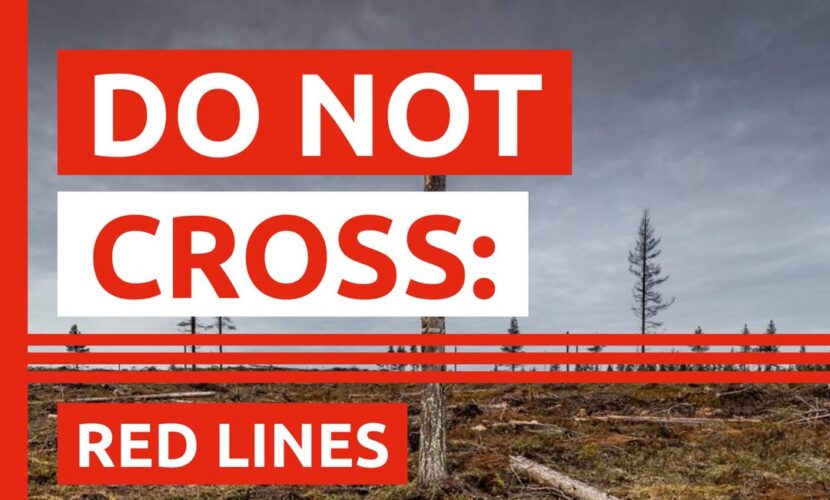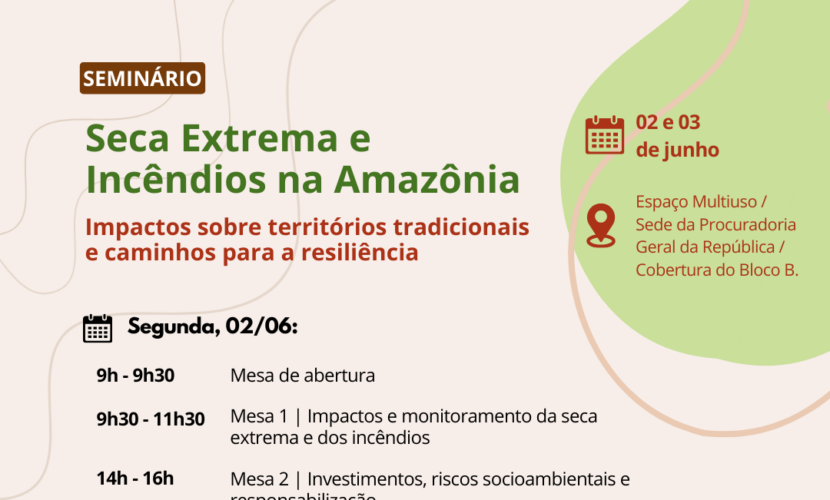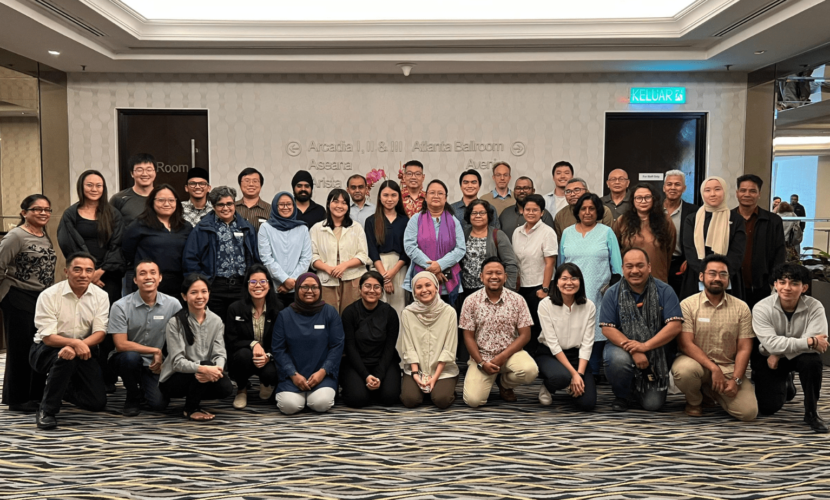最新記事&分析
NGOs File Complaint Against BNP Paribas

Following a lawsuit for providing financial services to fossil fuel producers, BNP Paribas is targeted by a new complaint for its role in fueling deforestation, forced labor, and Indigenous rights violations in Brazil
Brazilian NGO Comissão Pastoral da Terra (CPT) and the French association Notre Affaire À Tous have filed a legal claim against BNP Paribas before the Paris Judicial Court for providing financial services to corporations, such as Marfrig, one of the world’s largest producers of beef, without adequate due diligence. Suppliers to Marfrig have engaged in severe deforestation of the Amazon, land-grabbing of protected indigenous territories, and forced labor in cattle farms. This legal action is taking place a few days after BNP was taken to court for financing large oil and gas companies developing new fossil fuel projects.
The associations allege that BNP Paribas has violated the French Duty of Vigilance Law which requires that multinational corporations operating in France establish a plan that “includes reasonable due diligence measures to identify risks and prevent serious violations of human rights and fundamental freedoms, the health and safety of people and the environment, resulting from the activities of the company and those of the companies it controls” in France and abroad. The petitioners argue that BNP’s duty of vigilance plan does not provide strong enough safeguards to prevent deforestation and human rights violations.
“Despite its commitments and communications, BNP Paribas continues to finance deforestation of the Amazon. The evidence gathered on BNP’s support of Mafrig is indicative of the inadequacy of the measures taken by BNP to be a real actor in the fight against deforestation in Brazil and an actor of carbon neutrality,” said Jérémie Suissa, General Delegate at Notre Affaire À Tous. “Although this is about deforestation on Brazilian territory, it is indeed a global dispute: the Amazon is of paramount importance for our collective climate trajectory, and Brazil is the world’s largest exporter of beef.”
“To continue generating its enormous profits through the grave exploitation that activists, the media, and Indigenous groups have shone a light on over the past few years, Marfrig has responded by lobbying to bar access to information on its supply chains and refusing to monitor indirect suppliers who commit abuses. Reasonable due vigilance should not allow BNP to tolerate such a situation,” said Xavier Plassat, a campaigner against slave labor at the CPT. “That’s why we’re going to French courts: to make sure that the law is strong enough to ensure that these big corporations can’t greenwash their way out of serious allegations of wrongdoing.”
“The beef sector is the largest driver of deforestation in the Amazon, and it is also among the largest sources of methane emissions, a very potent greenhouse gas that drives climate change,” said Merel van der Mark from the US-based Rainforest Action Network, an NGO that participated in a formal notice sent to the bank in 2022, a precursor to the complaint.
According to an analysis by the non-profit Center for Climate Crime Analysis (CCCA), of two meatpacking plants operated by Marfrig from 2009 to 2020, supplier farms were allegedly responsible for over 120, 000 hectares of illegal deforestation in the Amazon rainforest and neighboring Cerrado savanna during this period. Last year, scientists found that certain parts of the Amazon rainforest is now emitting more carbon dioxide than it is able to absorb, with most of the emissions caused by fires, many deliberately set to clear land for beef and soy production.
Marfrig has also been found to have directly and indirectly sourced cattle from ranchers who raised animals illegally inside Indigenous territory. This has included farms within the Apyterewa Indigenous territory in Pará state – one of the most deforested Indigenous lands in recent years – and Manoki Indigenous territory in the State of Mato Grosso.
The beef industry in Brazil is also notorious for its forced labor practices, with the International Labor Organization estimating that it is responsible for 62% of forced labor in the country. The NGO Walk Free published a global index in 2018 that estimated that 369 000 individuals in Brazil are victims of forced labor.
Press contacts:
Notre Affaire à Tous : Brice Laniyan, Advocacy and litigation officer in charge of corporate climate accountability, brice.laniyan@notreaffaireatous.org, +33645553892
Comissao Pastoral da Terra: Friar Xavier Plassat, Coordinator of the CPT Campaign “Keep your eyes open so that you don’t become a slave”, + 5563 99221 9957; and comunicacao@cptnacional.org.br

